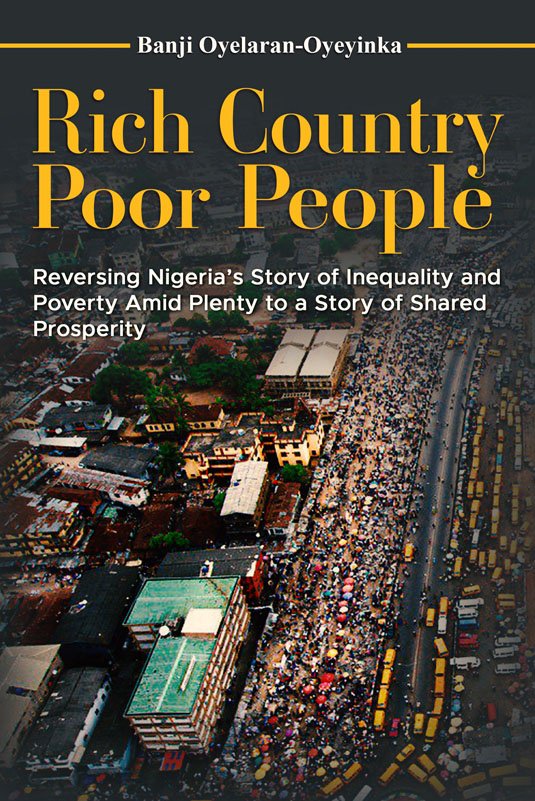Banji Oyelaran-Oyeyinka
Professor of Development Economics, Industrialisation and Technological Change & Senior Special Adviser on Industrialisation
Prior to this role with the AfDB President, Professor Banji Oyelaran-Oyeyinka had retired as the most Senior Director with the United Nations, HABITAT headquarters in Nairobi, Kenya. He has previous experience in the Steel and Oil industry.
He is a former professor at the Nigeria Institute of Social and Economic Research (NISER), Ibadan, the first professor of Innovation and Industrialisation Policy in Nigeria, a professorial fellow with the United Nations-MERIT, and a professor of Innovation and Development at the Open University, UK.
He is a fellow of the Nigerian Academy of Engineering with several books to his credit including his most recent book, Rich Country Poor People: Reversing Nigeria’s story of inequality and poverty amid plenty to a story of shared prosperity, Industrialization and Economic Diversification: Post Crisis Agenda in Asia and Africa (2022, Routledge, UK), and Latecomer Development (Routledge, UK) amongst others.
Professor of Development Economics, Industrialisation and Technological Change & Senior Special Adviser on Industrialisation

Banji Oyelaran-Oyeyinka
Rich Country
Poor People
Reversing Nigeria’s Story of Inequality and Poverty Amid Plenty to a Story of Shared Prosperity.
This book advocates a return to the path of sustainable development that puts people at the heart of growth with development.
Banji Oyelaran-Oyeyinka
From Consumption
To Production
The Whys and Ways Out of Failed Industrialization in Nigeria
This book is both a detailed systematic historical and analytical narrative of Nigeria’s imperfect past as much as it is a pointer to a better future. It outlines the nation’s historical errors in the attempts and evident failure to industrialise. It provides a roadmap for attaining better outcomes in the future.

